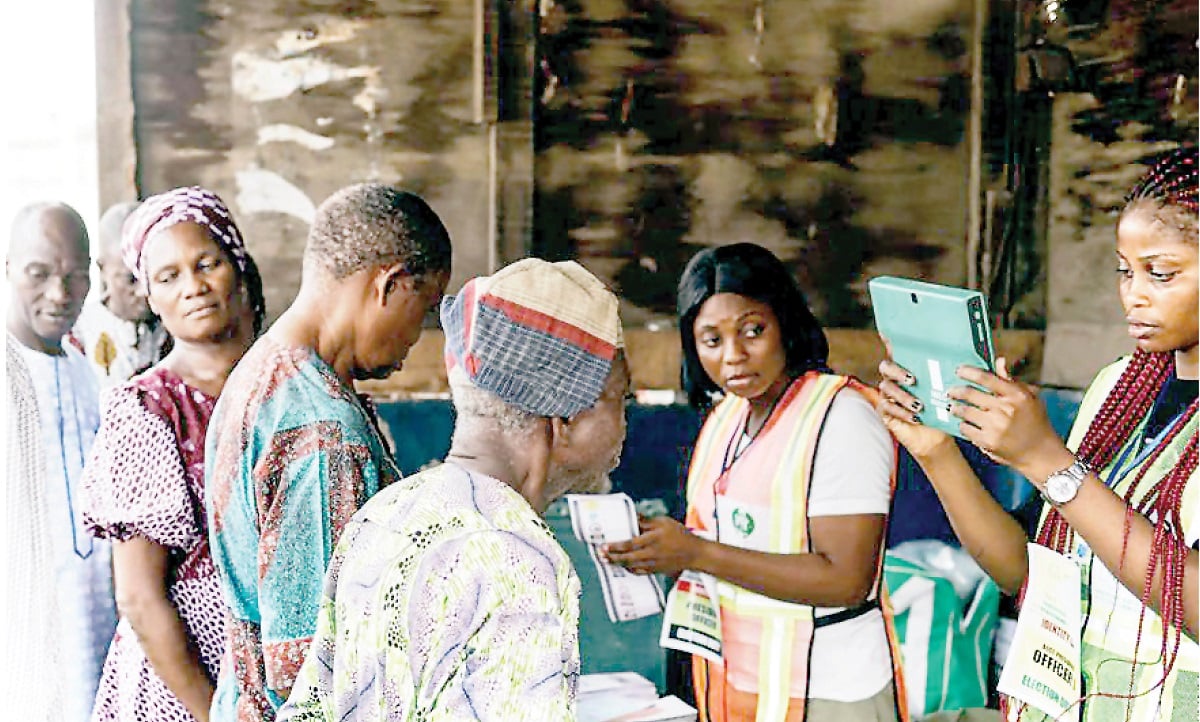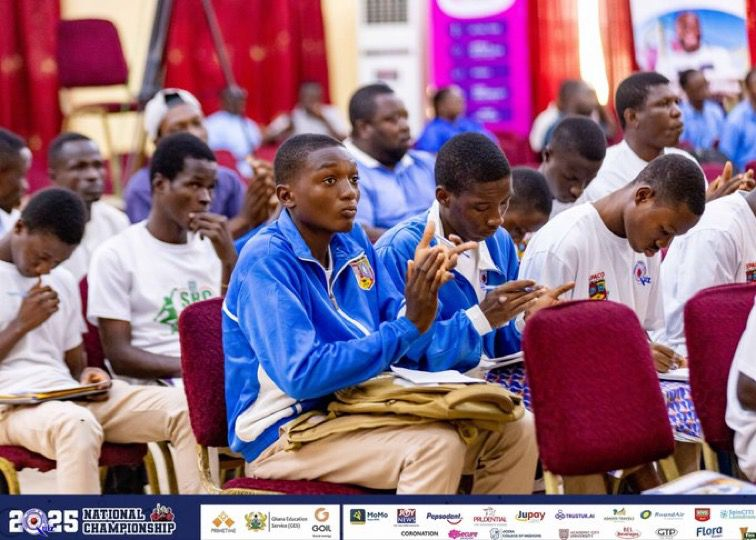Copyright tribuneonlineng

With two more PDP governors defecting to the ruling APC, adding to a string of high-profile realignments, PHILIP IBITOYE examines whether the grassroots can overpower governors in determining the outcome of the 2027 general election. WHEN the year began, the Peoples Democratic Party (PDP) held the governors’ seats in 12 out of Nigeria’s 36 states. However, 10 months later, as of Sunday, October 26, 2025, the party controls only eight states, losing four governors in the space of six months. Delta State governor Sheriff Oborevwori broke the ice in April when he led his predecessor, Ifeanyi Okowa, state lawmakers, the state party chairman, and all local government chairmen to join the ruling All Progressives Congress (APC). Similarly, his Akwa Ibom counterpart, Umo Eno, formally left the PDP for the APC in early June. Last week, Enugu State Governor Peter Mbah, accompanied by his immediate predecessor, Ifeanyi Ugwuanyi, state and federal lawmakers, and several party chieftains, also defected to the ruling party after months of speculation. Barely 24 hours later, Bayelsa State Governor Douye Diri followed suit, signalling an accelerating realignment of political loyalties ahead of 2027. While many of the defectors claimed their decisions are meant to align their states with the APC-led federal government for development, political observers saw a deeper calculation — self-preservation and part of the APC’s strategy to consolidate control and penetrate opposition strongholds it lost in 2023. But beyond party realignments, a bigger question looms: in 2027, will governors determine election outcomes, or will the grassroots be able to assert true democratic power? Governors as power brokers For decades, Nigeria’s governors have been regarded as the most influential bloc in the country’s political structure. Controlling state resources, patronage networks, and local political machinery, they have often acted as kingmakers — determining who gets party tickets, mobilising votes, and shaping national alliances. Their grip on power stems from both institutional control and political influence. As heads of state party structures, governors can dictate local campaign strategies, appoint loyal electoral agents, and influence security and logistics at the grassroots level. This control has often translated into electoral dominance and, critics argue, manipulation. In several elections since 1999, the phrase “the governor will deliver” became shorthand for the belief that state executives could produce electoral outcomes favourable to their party, regardless of the genuine will of voters. Some believe that former President Goodluck Jonathan lost ground in crucial states due to their governors abandoning him, culminating in his historic defeat in the 2015 election. This perception is given credence by governors often publicly boasting about their capacity to deliver votes for their preferred candidates. For example, in June, Edo State Governor Monday Okpebholo pledged that the state would deliver 2.5 million votes to Tinubu in the 2027 presidential election. It’s not clear how the governor plans to achieve this feat, considering that not only did the president poll less than 150,000 votes in the state in the 2023 election, but the total votes cast in the state did not hit one million in the last three presidential contests. Also, the state had 2,501,081 registered voters — around the same number Okpebholo is promising the president to deliver in 2027 — for the 2023 poll and did not record up to 30% turnout. Political observers noted that statements such as the one the Edo governor made sometimes cast doubt on the credibility of polls and turnout, as some voters may conclude that regardless of their votes, the outcome is already determined. In an interview with Sunday Tribune, Dr. Oluwashina Adebiyi, a Political Science lecturer at the University of Ilorin (UNILORIN), said in Nigeria’s state-by-state electoral contests, governors remain key power brokers capable of delivering entire regions or sabotaging them. “They [governors] control the finance, they control everything,” Adebiyi said, noting that the governors’ broad control over various state institutions makes them indispensable to any serious political offensive. This power, some analysts say, is enabled by systemic weaknesses in Nigeria’s electoral and judicial systems, where irregularities are frequent, and courts, rather than ballots, often determine final results. Grassroots history of overpowering state influence Despite the enormous influence of state governors in shaping electoral outcomes in Nigeria, there is recent history that indicates they don’t possess all the power to influence outcomes. In 2023, former Anambra State Governor Peter Obi, contesting for president on the platform of the Labour Party (LP), won 11 states and the Federal Capital Territory (FCT) without having control over any of the states or the support of their governors. In some of these states, he won landslide victories, affirming the power of voters over state influence. Essentially, the 2023 elections proved that grassroots mobilisation could upend long-standing political hierarchies. It was a demonstration that when voter enthusiasm is high and turnout is protected, grassroots power can compete with — and even overpower — incumbency. Dr. Wasiu Olayimika Kewulere of the Department of History and Diplomatic Studies, KWASU, noted that Obi’s better-than-expected performance was evidence that, beyond governors trying to influence outcomes, candidates can achieve success by honing a credible message to dissatisfied voters. “The presence of sitting governors and legislators is essential but not mandatory. The experience of the Labour Party in the 2023 presidential election shows a party can be popular without defections and [control of states] if its message resonates with citizens,” Kewulere said. Tinubu’s loss in Lagos, despite his decades-long political dominance there and the APC’s control of all state structures, underscored a similar point — that electoral loyalty cannot be taken for granted. It showed that even in strongholds, voters can defy political godfathers if motivated by conviction rather than patronage. However, whether the 2023 phenomenon can be replicated or sustained in 2027 depends on more than passion. Stakeholders say it will hinge on the credibility of the electoral process and the ability of institutions like the Independent National Electoral Commission (INEC) to ensure votes count. INEC, the courts, and the weight of reform At the heart of Nigeria’s recurring electoral debate lies the Independent National Electoral Commission (INEC). Its role in ensuring transparency, resisting political pressure, and maintaining technological integrity will determine whether the people’s votes or the governors’ will shape 2027, according to political observers. The 2023 polls exposed both promise and pitfalls. The introduction of the Bimodal Voter Accreditation System (BVAS) was hailed as a step toward cleaner elections, yet the failure to upload results in real time on the IReV portal raised doubts about credibility. Many Nigerians felt betrayed by what they saw as lapses that opened space for manipulation, especially in state-level contests. Beyond INEC’s performance, the judiciary has increasingly become the final arbiter of elections, with courts overturning or upholding results long after voters have cast their ballots. Critics argue that excessive judicial intervention erodes public trust and reduces elections to legal contests rather than democratic expressions. In an interview with Sunday Tribune, Yusuf Olaolu Ali, a Senior Advocate of Nigeria (SAN) and lecturer in the Faculty of Law, UNILORIN, said courts should not be declaring election winners because it undermines trust in the electoral process. “Most of the negative perceptions of most people about our courts arose as a result of the courts taking part in making decisions on electoral disputes,” he said. The path forward, experts suggest, is deep electoral reform; one that strengthens INEC’s independence, limits post-election judicial overreach, and enforces accountability for violations. When elections are credible, the courts play a minimal role, and the people’s choice becomes unassailable. However, it is not clear that the ongoing Electoral Act reform in the National Assembly is addressing the issue of judicial overreach. Nonetheless, stakeholders can still make recommendations to improve the electoral system in the coming weeks after the Senate stepped down debate on the bill seeking to repeal and replace the 2022 Electoral Act last Thursday, pending a detailed report on the legislation’s proposals from the Committee on Electoral Matters. Between power and the people Ultimately, the question of whether the grassroots can overpower governors in 2027 depends less on slogans and more on systems. If INEC conducts credible, transparent elections, and if reforms insulate the process from manipulation, stakeholders note that governors will have limited capacity to impose outcomes. But if the system remains compromised, their influence — backed by resources, incumbency, and control over local institutions — could once again overshadow the popular will. Political watchers opine that the 2023 elections provided a glimpse of what is possible when citizens engage meaningfully in a credible process. Political analyst Olawale Afolabi stated that Obi’s victory across multiple states and Tinubu’s loss in Lagos showed that the Nigerian voter is not entirely powerless, despite various allegations of electoral irregularities in the 2023 polls. But sustaining that momentum and correcting perceptions of electoral manipulation require trust — trust that votes will count, that institutions will be impartial, and that outcomes will not be determined in courtrooms. ALSO READ TOP STORIES FROM NIGERIAN TRIBUNE



